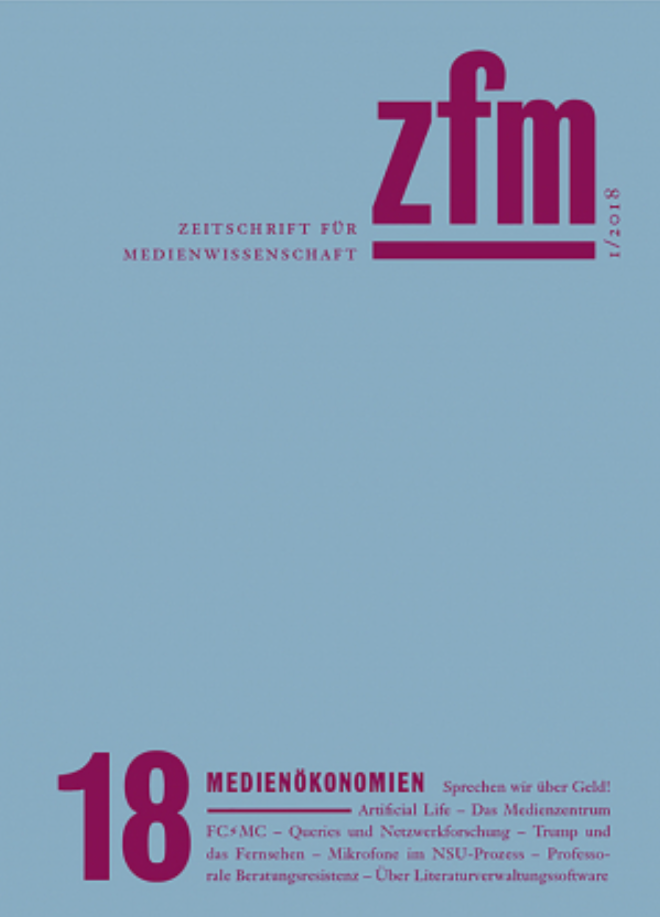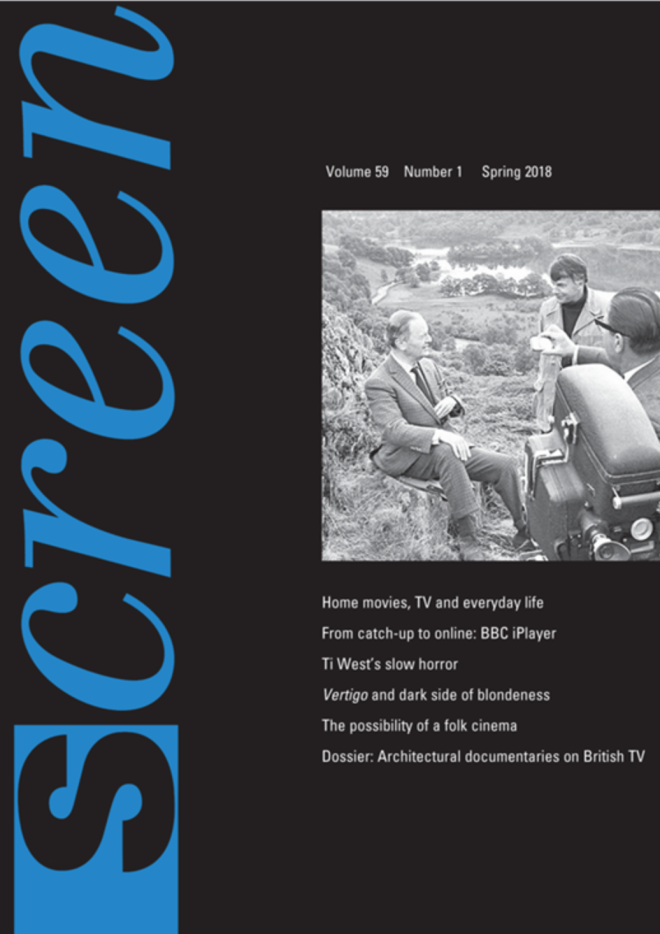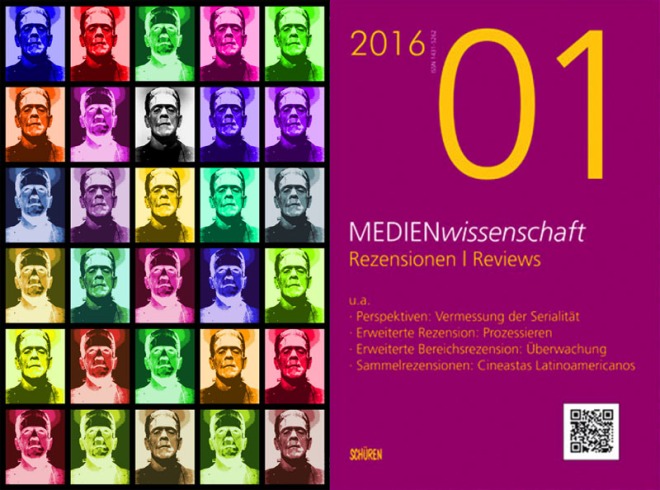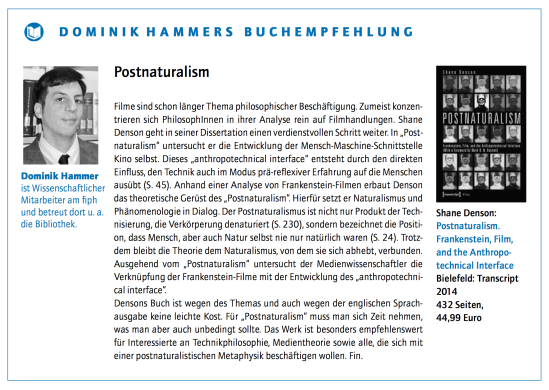
There are a couple of new reviews of Discorrelated Images, for which I am very grateful — one in the most recent issue of Film-Philosophy, by Christian de Moulipied Sancto, and another (in Italian) by Angela Maiello in Imago.
Sancto calls the book “virtuosic,” and writes: “For anyone concerned with digital media in particular and media theory in general, Discorrelated Images is essential reading.”


Maiello compares my project to that of Bernard Stiegler, writing: “The theoretical stakes of the book … are very high: it is neither a question of looking at these developments of the digital image as a mere aesthetic question of style, nor of remaining trapped in the problem of the technical infrastructure underlying these images. It is a question of understanding the transformative impact that new image technologies have in explaining experience, in the establishment of the subject-object relationship and therefore in the process of individuation, to return to Stiegler, both singular and collective.”
Finally, as a bonus, here is the (unedited) audio of the German book launch of Discorrelated Images, which took place on June 23, 2022 at Hopscotch Reading Room in Berlin. Thanks to Bernard Dionysius Geoghegan for organizing the event and for discussing the book with me!







